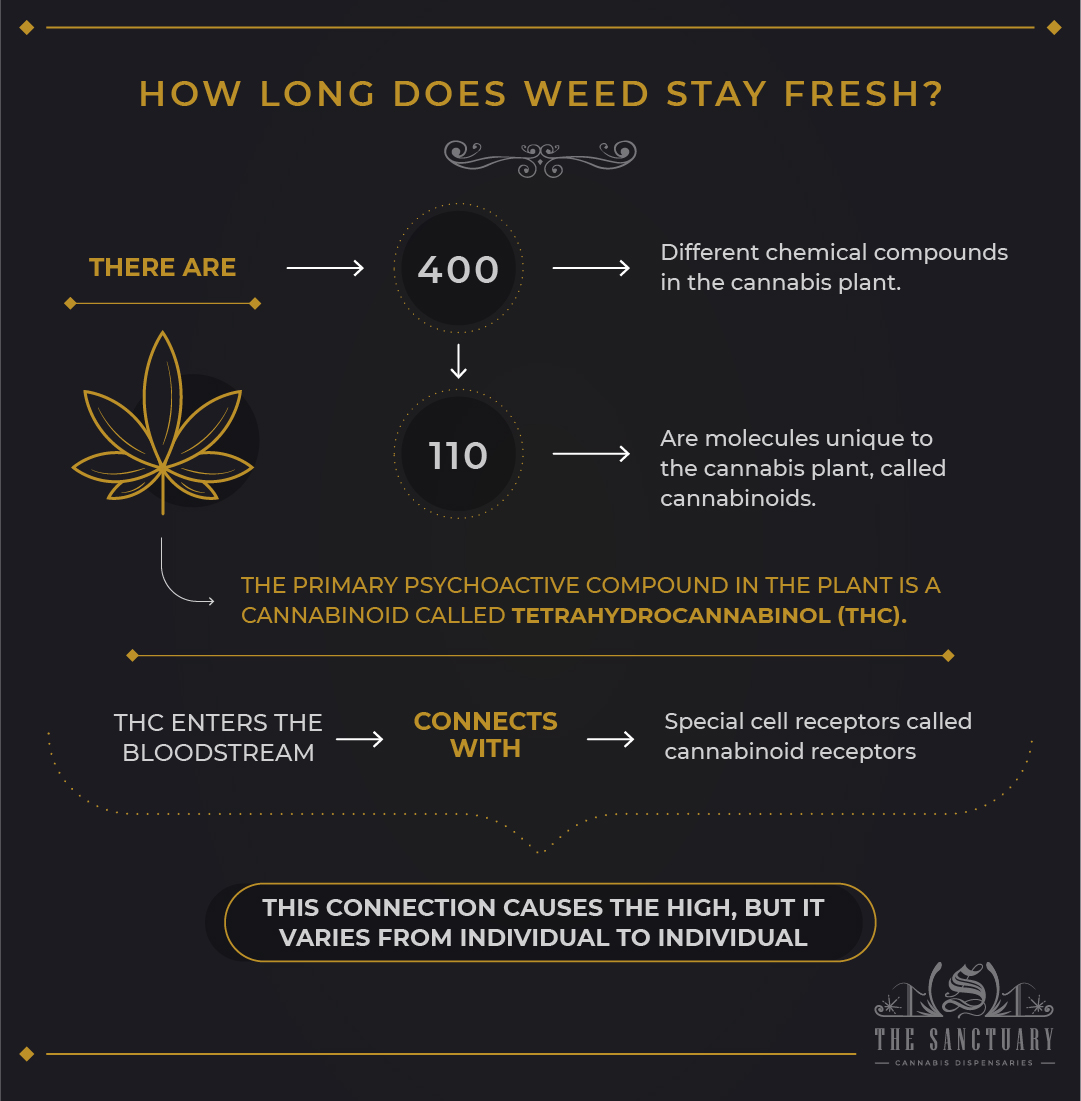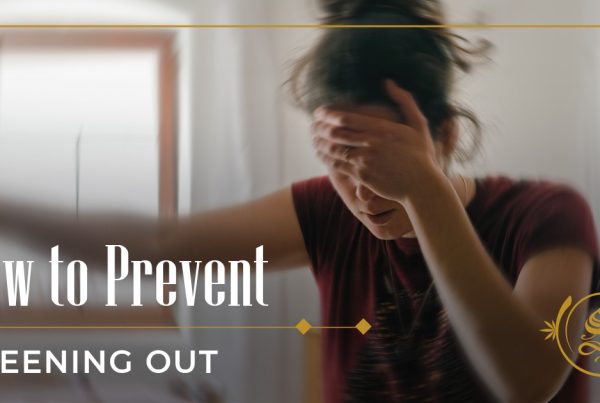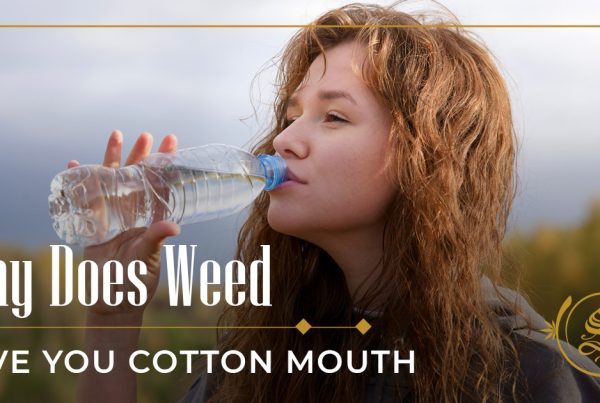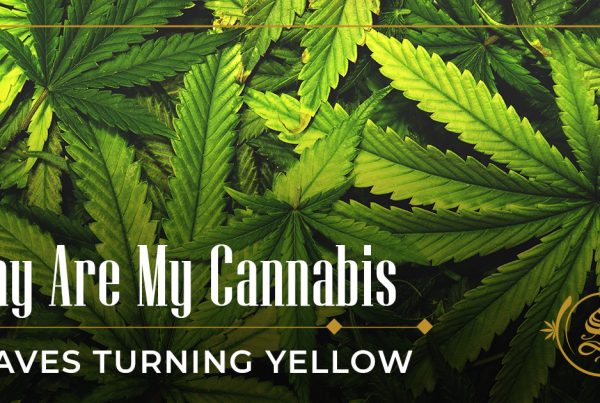Like any drug or substance, the effects of cannabis will be different for everyone. Your sensitivity will depend on many factors, including tolerance, body weight, diet, genetics, and a variety of other body chemistry factors.
It is possible for someone to not feel any effect at all from smoking weed. Several factors are at work in that case, although that is not the general experience of most smokers.
What causes you to be high?
There are over 400 chemical compounds in cannabis. These different compounds contribute differing effects to each person.
There are 110 chemical compounds that are unique to cannabis, called cannabinoids. Tetrahydrocannabinol (THC) is the primary psychoactive cannabinoid and is often the highest percentage in a weed strain.
THC enters the bloodstream via smoking, vaping, or ingesting cannabis. Our brains have cell receptors called cannabinoid receptors, which connect to the THC present in our bloodstream. Researchers are currently aware of two types of receptors called CB1 and CB2. These receptors are what cause the “high” from weed, particularly the CB1 receptor.
Most individuals will feel the psychoactive effects of cannabis, although there is evidence that this experience can vary to a large degree. Your individual high will depend on a few factors.
Properly inhaling weed
To start, you do have to take cannabis into your body in some form. Whether smoking flower or ingesting edibles, the THC cannabinoids need to enter your bloodstream in order to get the psychoactive effects.
Some inexperienced smokers find it difficult to properly inhale at first. Whether from being just generally unfamiliar, difficulty holding the inhalation, or because the equipment they are using is complicated. For instance, if you are using a big fancy bong for the first time there is likely to be a learning curve.
If you find that you are not getting high from smoking, try holding the hit (holding your breath after inhaling the smoke) for longer. You may cough, but this is not considered a bad thing or a faux pas. In fact, there is an unproven saying that coughing makes your high stronger.
First time using weed
Your first time smoking weed can sometimes result in not getting high. It may take a few times before you experience the effect. Even the most experienced users report that this was the case for them.
If you are a novice smoker, you might just have to keep at it. Here are some theories as to why a high does not occur the first time:
Cannabinoid receptors are natural, organic structures that develop in our brains. In fact, our bodies produce a low level of cannabinoids. When the surplus of cannabinoids from weed is introduced into our system, our brains may not properly identify the influx of these cannabinoids at first. It may take a few attempts of getting high to activate your receptors to the full extent.
There could be psychological factors at play. You may have unresolved fear, anxiety or are simply overthinking the process of getting high from weed. This mental block could inhibit your ability to process THC cannabinoids. If this may be the case, try smoking or ingesting weed on your own, rather than in a group, or find a quiet safe place in which to imbibe.
Bad weed quality

Today’s cannabis industry produces a huge variety in THC strength and effects. Strains can vary from teen percentages to up to 30 percent and beyond. You would think that the increase of potency and standardization would result in every person achieving their high, but that is not the case. Over time, your quality strain could degrade severely by the time you get to smoke it.
Just because you have a high-quality flower, you are not ensured a quality high. Light and heat reduce the potency of cannabis over time, and open-air reduces the humidity level of the flower making it dry and weak. It is best to store your bud in a cool, dark, and air-tight container to retain freshness and potency.
Having a low-quality weed strain can still get you high, but you have to smoke or ingest a larger quantity. Naturally, a better quality of bud gives a better high, and if you do not smoke often you should feel the effects after 3-4 hits.
Not enough THC
You should always verify the percentage of THC in your strain before buying or smoking. A low-level THC strain, or a CBD strain, will not give the desired effects.
In fact, not only will CBD flower not make you high, but CBD can counteract the effect of THC. CBD provides many therapeutic effects, like relaxation, but it does not have any psychoactive compounds.
Not smoking enough
The amount of weed you smoke has a direct correlation to your high. If you are finding that you are not getting high, try taking larger or more frequent hits.
“Start low, go slow” is a great mantra when trying cannabis, especially for newcomers. Start with a low dose of cannabis, either smoking or eating edibles. Judge the effects, and if you have not achieved the desired level of high dose again after 30 minutes. Keep in mind that weed can sometimes have a “building” effect, where the doses can kick in over long periods of time.
If you are not feeling high after your first dose, a second dose may be in order. Take an equal or slightly larger dose (or hit) and wait a bit to avoid getting “too high”.
You can use the “30-minute rule” to keep at the same rate of consumption or increase to a small degree.
Regular weed smokers may get less high
People who regularly smoke or ingest cannabis often raise their tolerance levels over time.
You might be smoking at the same levels as when you started, or even doubled your consumption, and still not be feeling the effects. This is because of your increased tolerance. If this is the case, it can be beneficial to take a tolerance break, i.e. quitting smoking for a short period of time.
If you do not wish to quit smoking for a short time, you can try switching strains or using different methods of consumption.
Medical conditions that limit your high
Research has suggested that some medical conditions will lead a person to feel “more normal” while using cannabis. People with fibromyalgia and post-traumatic stress disorder commonly describe the effects of weed as giving them more energy or giving them a sober feeling.
Dr. Ethan Russo, a neurologist, and medical researcher has coined the term endocannabinoid deficiency to describe those who may not experience the effects of cannabis.
As we mentioned, cannabinoids are naturally occurring in our system as endocannabinoids. While inhaling or eating the psychoactive compounds, THC appropriates the cell receptors where our endocannabinoids would be received.
This system of neurotransmitters controls key bodily functions such as:
- Appetite
- Sleep
- Pleasure
- Pain
- Mood
- Motor skills
Russo’s theory is that some medical conditions affect a person’s ability to produce these endocannabinoids, such as migraine disorders, fibromyalgia, and irritable bowel syndrome (IBS).
Post-traumatic stress disorder, bipolar disorder, and related mental health conditions may carry some version of endocannabinoid dysfunction. In these cases, those individuals will experience cannabis in a different way.
Natural cannabinoid blocker
Aside from medical or mental health conditions, there is an additional reason why some people may not get high after consuming THC cannabis. Research published in 2014 found that the hormone pregnenolone may prevent a weed smoker from getting high.
Pregnenolone is a naturally occurring hormone in the body. This hormone may act as a protectorate to the brain to prevent cannabis intoxication. This is also manufactured as a product available online and in stores where you buy vitamins.
In the study, researchers dosed rodents with high levels of THC and observed the rodents’ chemical responses. The rodents began to produce pregnenolone in response.
Scientists then began administering pregnenolone to the rodents following the THC treatments. The injections reduced THC intoxication, and the rodents also showed that they were less apt to self-administer THC following the hormonal injections.
When the same procedure was administered to human cell lines, similar results were reported. This shows the possibility that some individuals may have greater efficacy at producing pregnenolone than others, thereby altering their relationship with THC.






